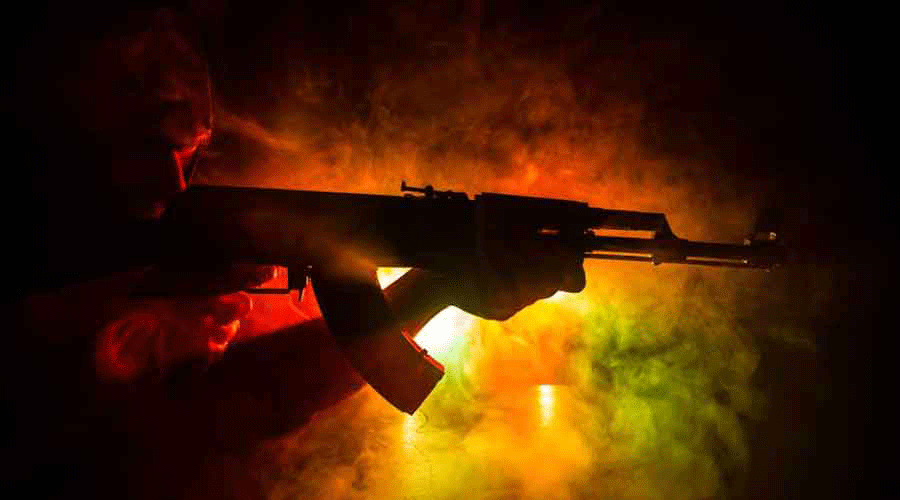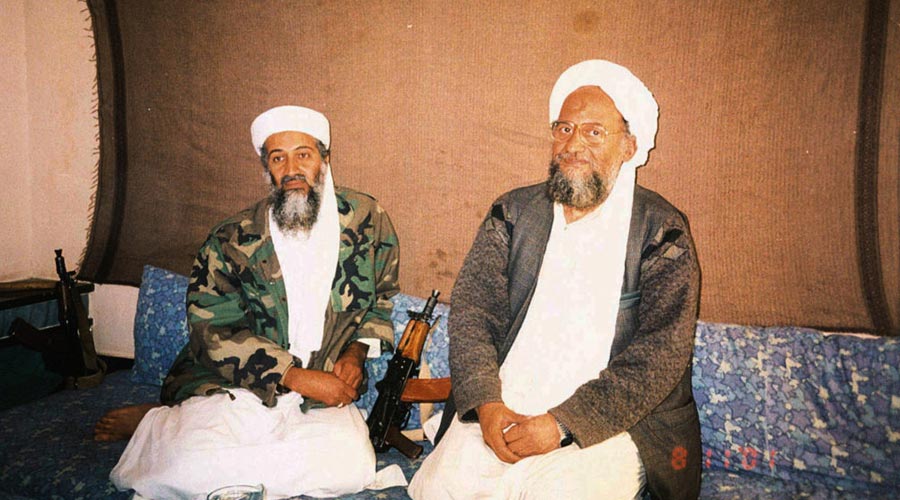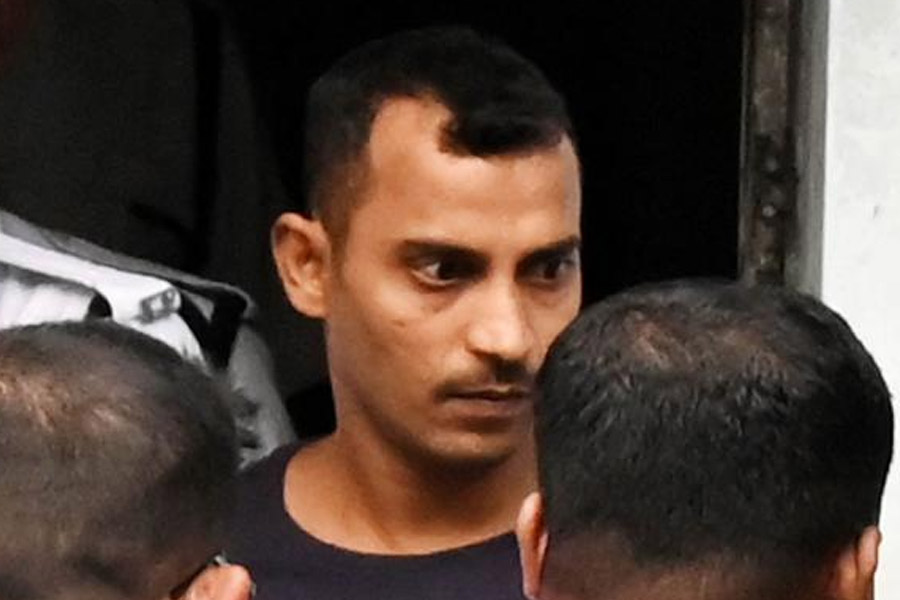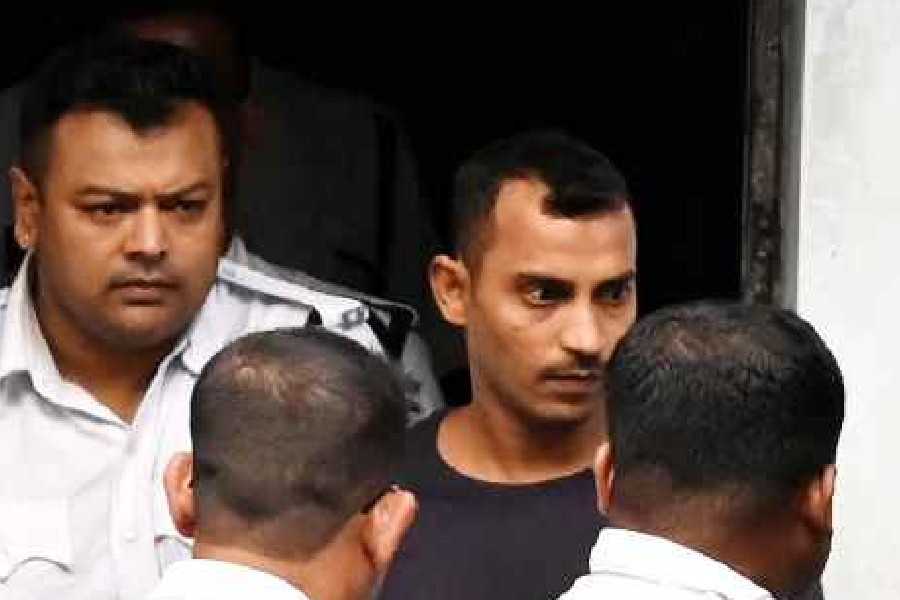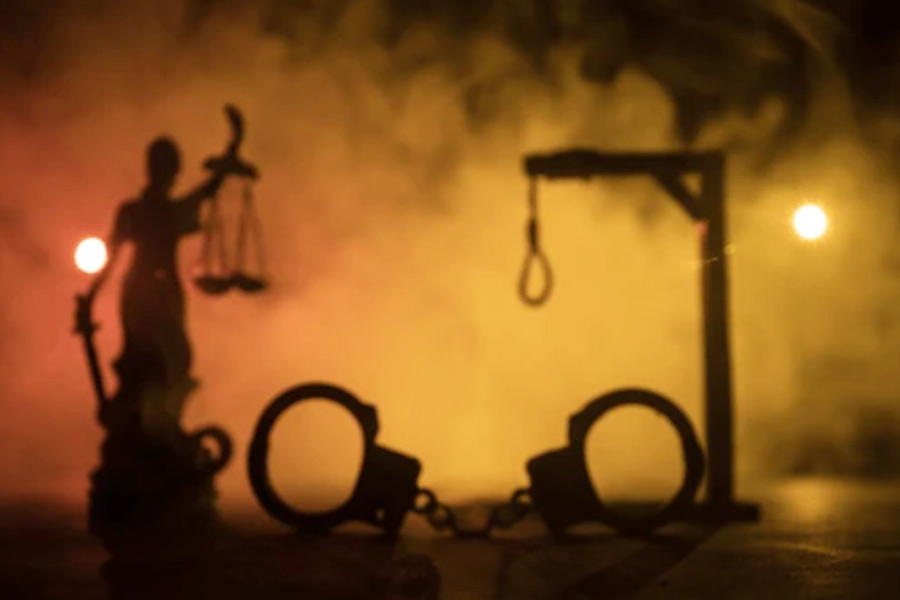Nine of Britain's most dangerous convicted Islamist terrorists being held in specially created isolation prison units, known as Separation Centres, have refused to participate in deradicalisation programmes on offer, an official inspection report concluded on Tuesday.
The Report on an inspection of Separation Centres' by the Chief Inspector of Prisons, Charlie Taylor, concluded that almost all prisoners refused to take part in "purposeful activity, complete offending behaviour work or engage with others such as Imams and psychologists".
The Separation Centre model was introduced by the UK Ministry of Justice in 2017 as one part of the government's response to a review into the management of extremism within the country's prisons and was intended to prevent prisoners with extreme views radicalising their fellow inmates, presenting a risk to national security, supporting acts of terrorism or disrupting the prison environment.
The centres were designed to be used for prisoners from any political or religious viewpoint, but so far, they have only been used for Muslim men, the report notes.
Most men refused to take part in formal risk reduction work, which made it difficult to identify changes in behaviour. Prisoners told us about their lack of trust in staff, which further impeded their interactions with them, it finds.
There were nine men in total across two Separation Centres at Frankland in county Durham, north-east England, and Woodhill in Buckinghamshire, south-east England when the watchdog's inspection was carried out in April. A third centre remains closed but the report expects that numbers being held in all three centres is likely to go up following separate recommendations by the Independent Reviewer of Terrorism Legislation.
In both prisons, men were given the opportunity to complete the two deradicalisation programmes on offer, but given their well-established religious and political beliefs and the potential peer pressure from their fellows, this was too big a step for most prisoners, the latest report finds.
Most prisoners were serving long prison sentences, all presented a high or very high risk of harm to others, and all had been convicted of offences related to terrorism, it notes.
The inspectors also found that men who showed a willingness to participate in risk reduction work could not have their commitment tested through gradual and well-planned contact with mainstream populations.
The expectation that men should address their offending behaviour by completing a formal intervention aimed at deradicalising their beliefs was proving unrealistic. "More realistic and achievable targets were needed to help men take smaller steps towards progression and behaviour change," the Chief Inspector of Prisons finds.
The inspection report also warned of staffing shortages and failure to collect intelligence through monitoring all calls made by the prisoners in a language other than English.
"Our Separation Centres are proving effective in preventing the most dangerous radicalisers from spreading their poisonous ideologies," the UK Ministry of Justice said in a statement.
"We are going even further and have outlined tough new plans to separate more radical extremists from day one in custody, as well as investing a further GBP 6 million to separate the most violent neutralising their influence and stopping hatred in its tracks," the statement said.
PTI

